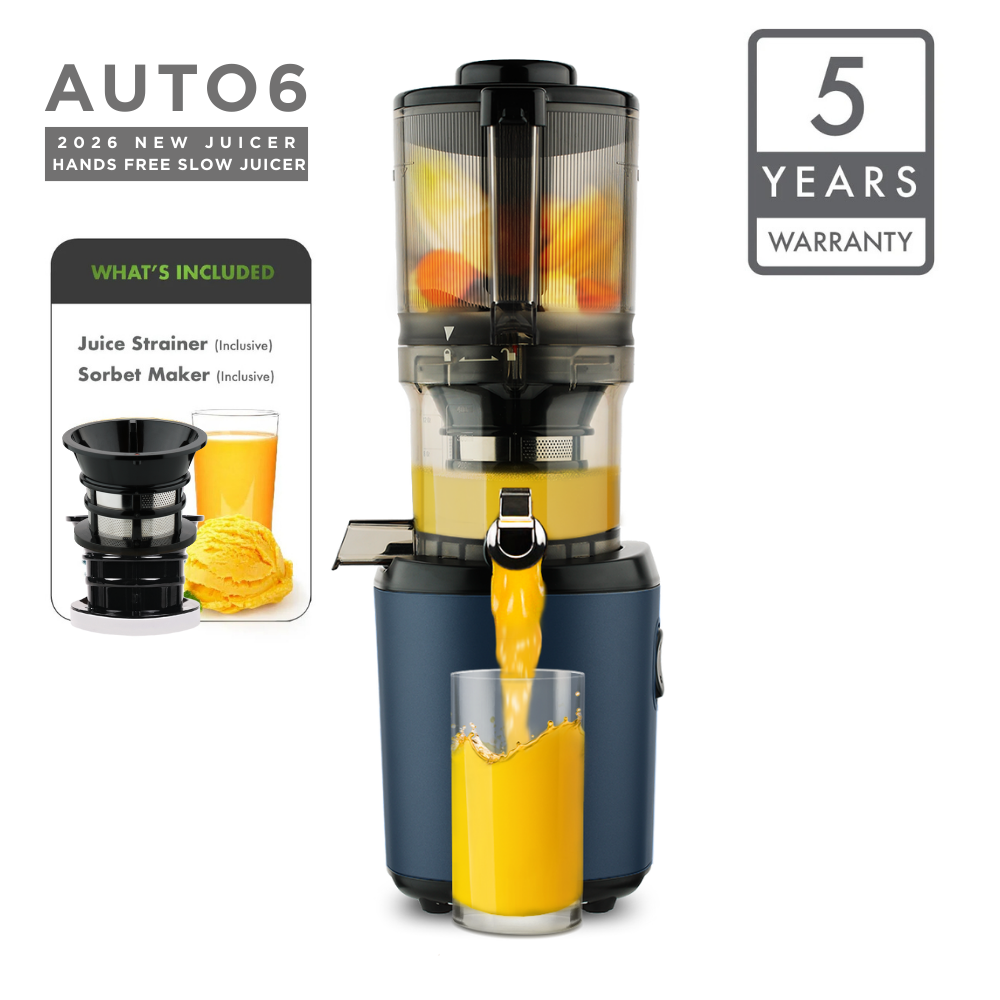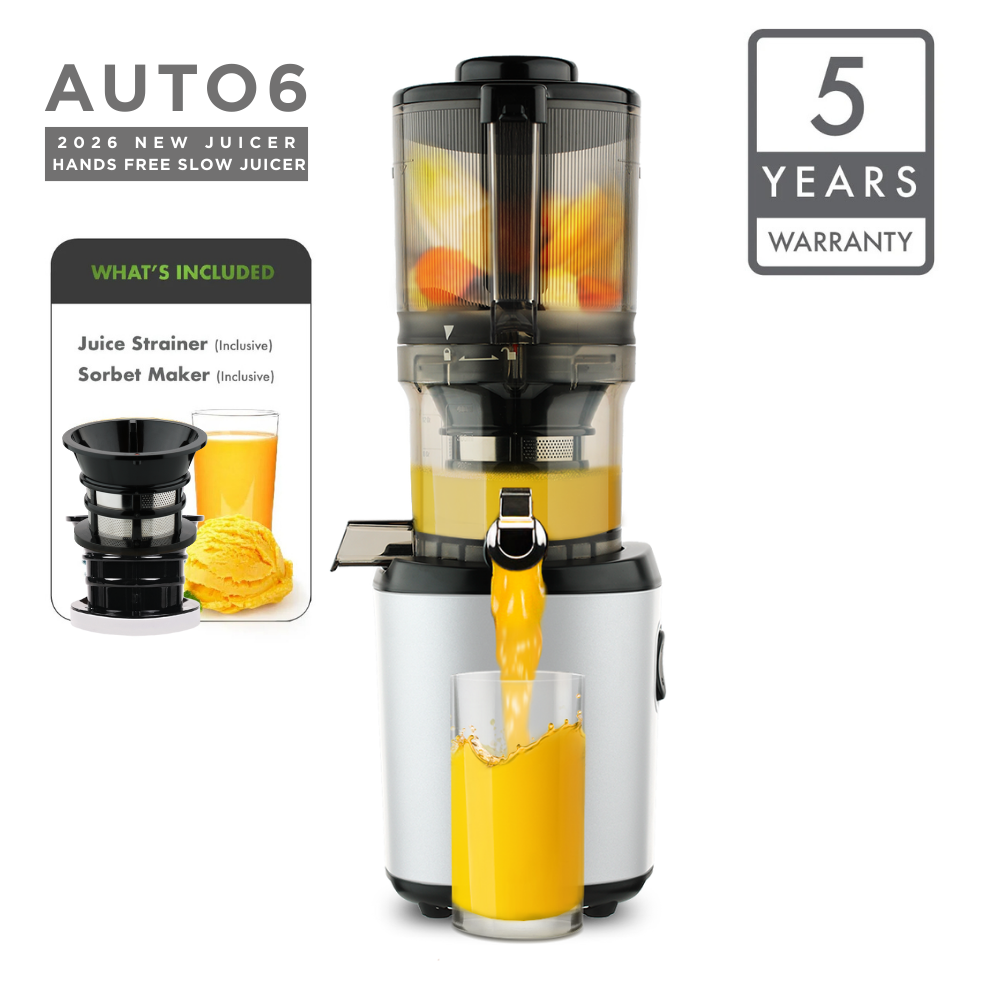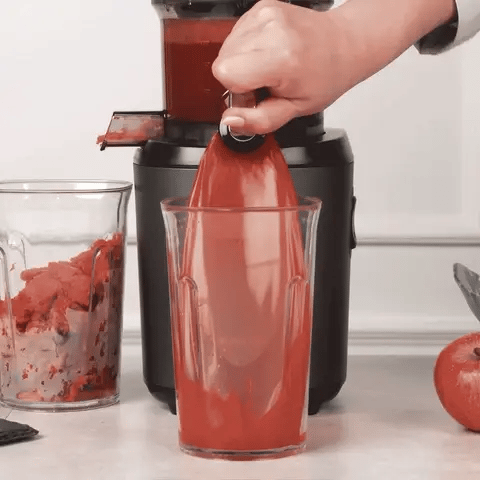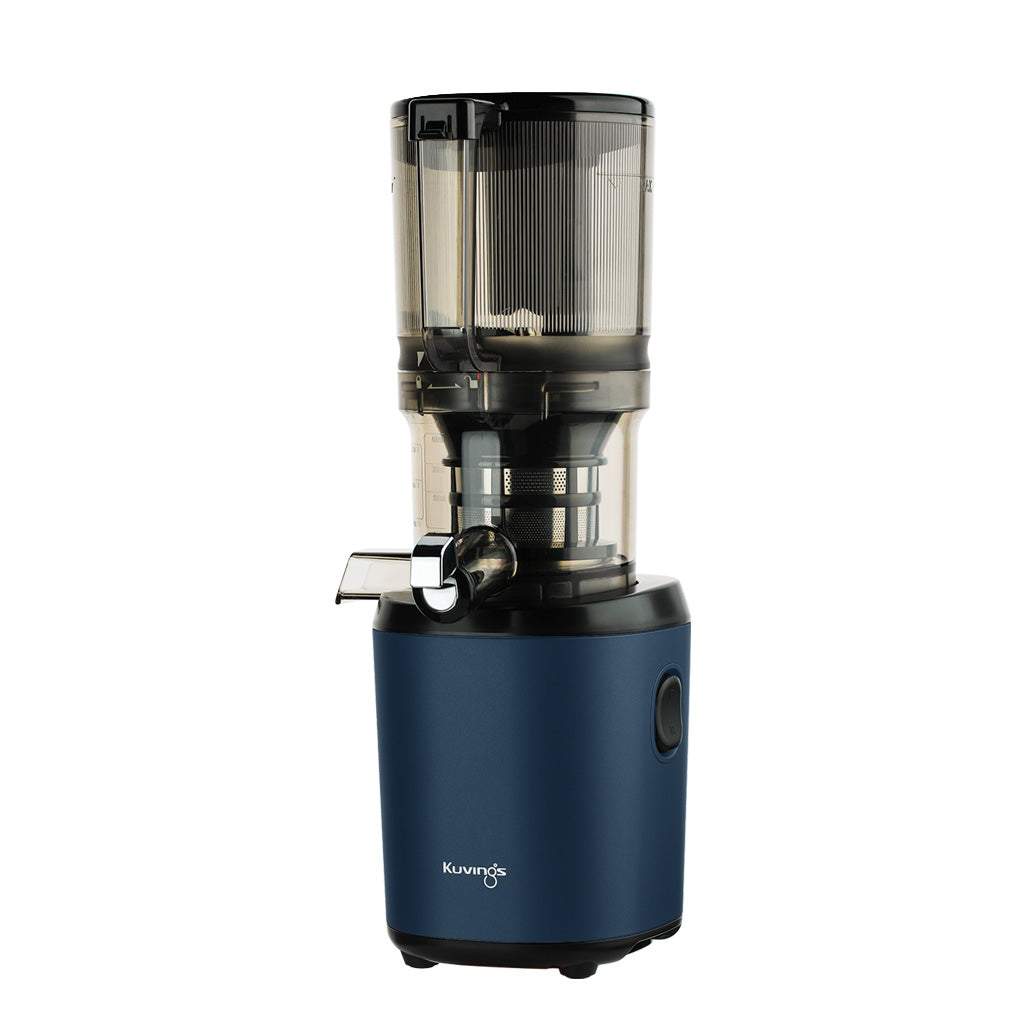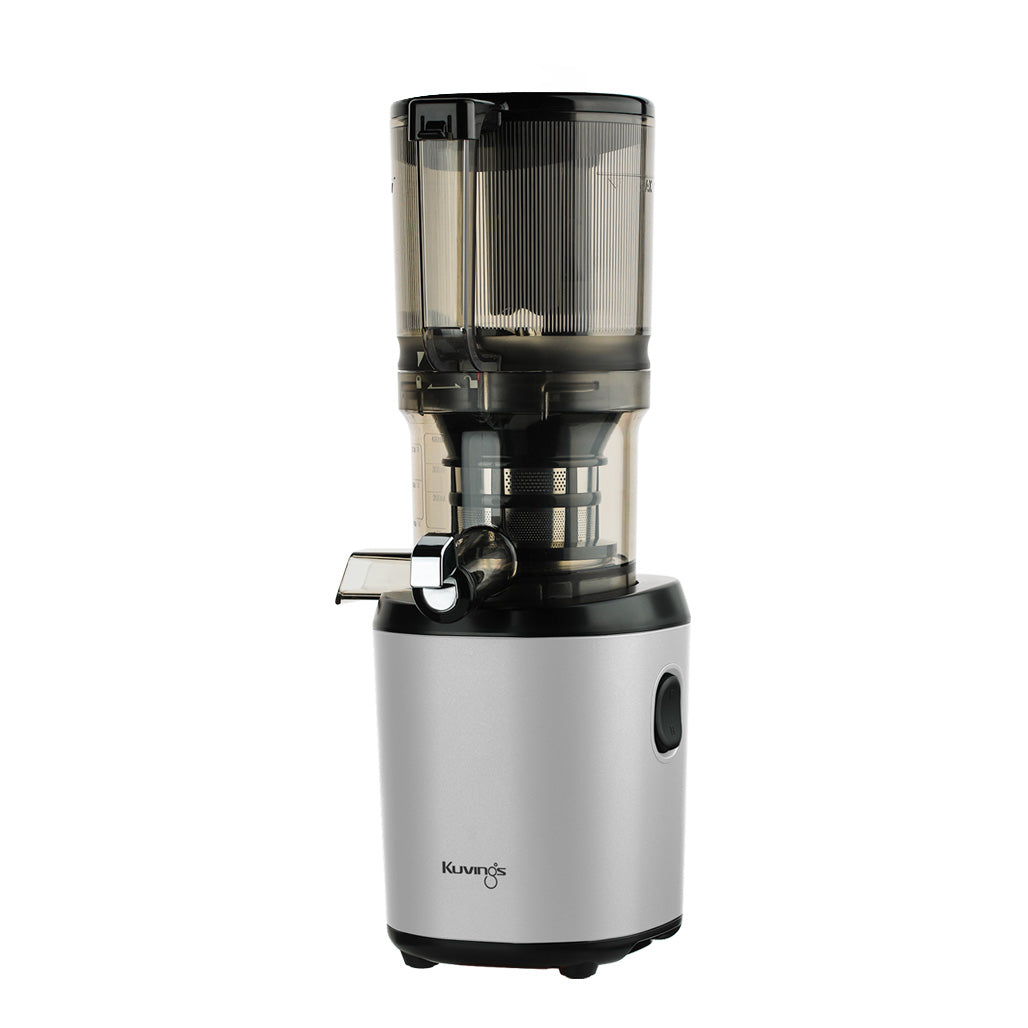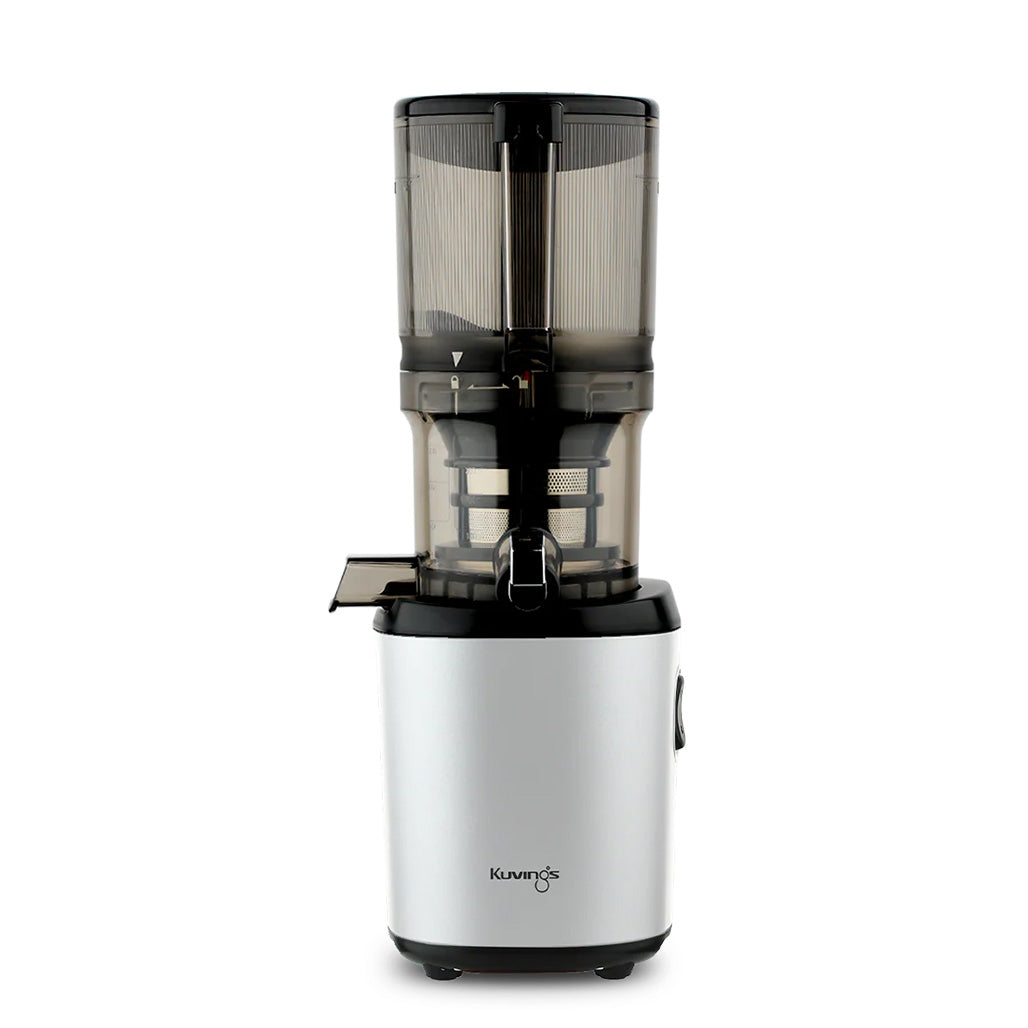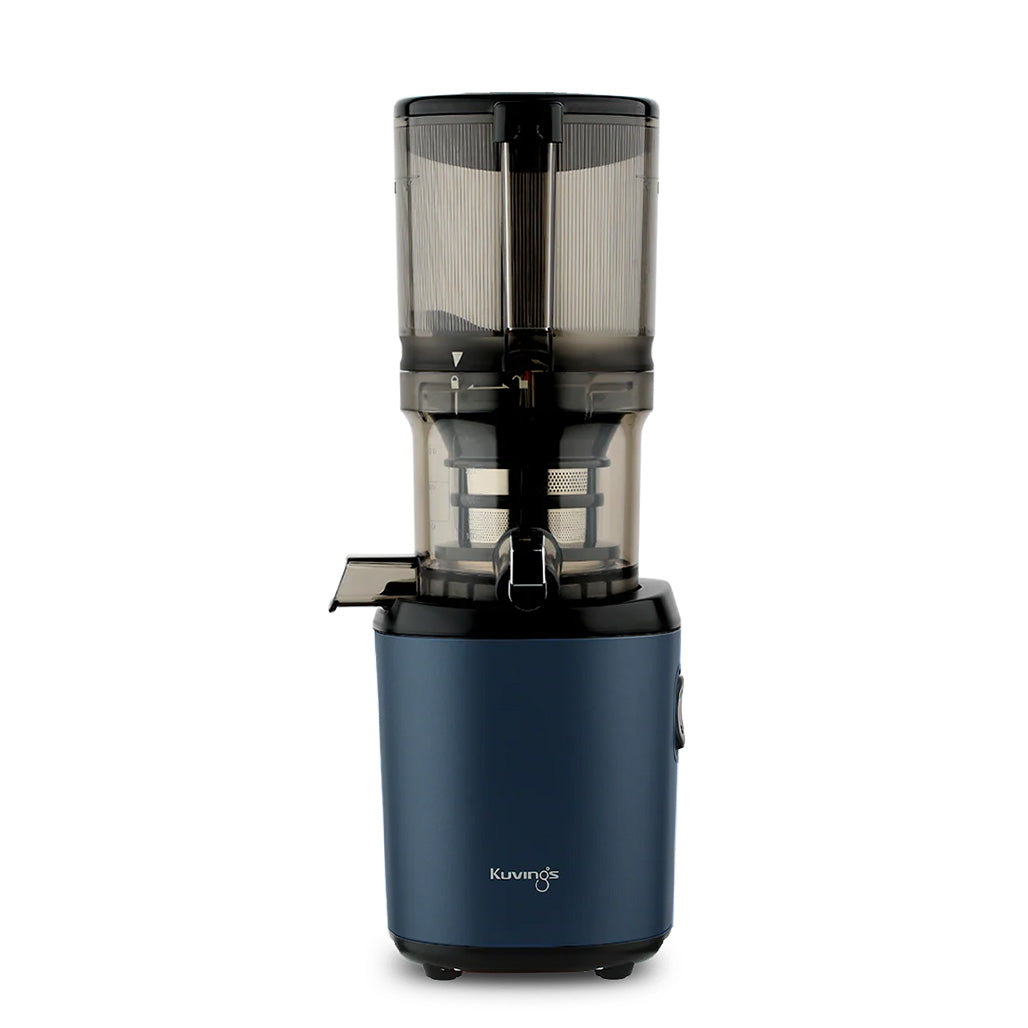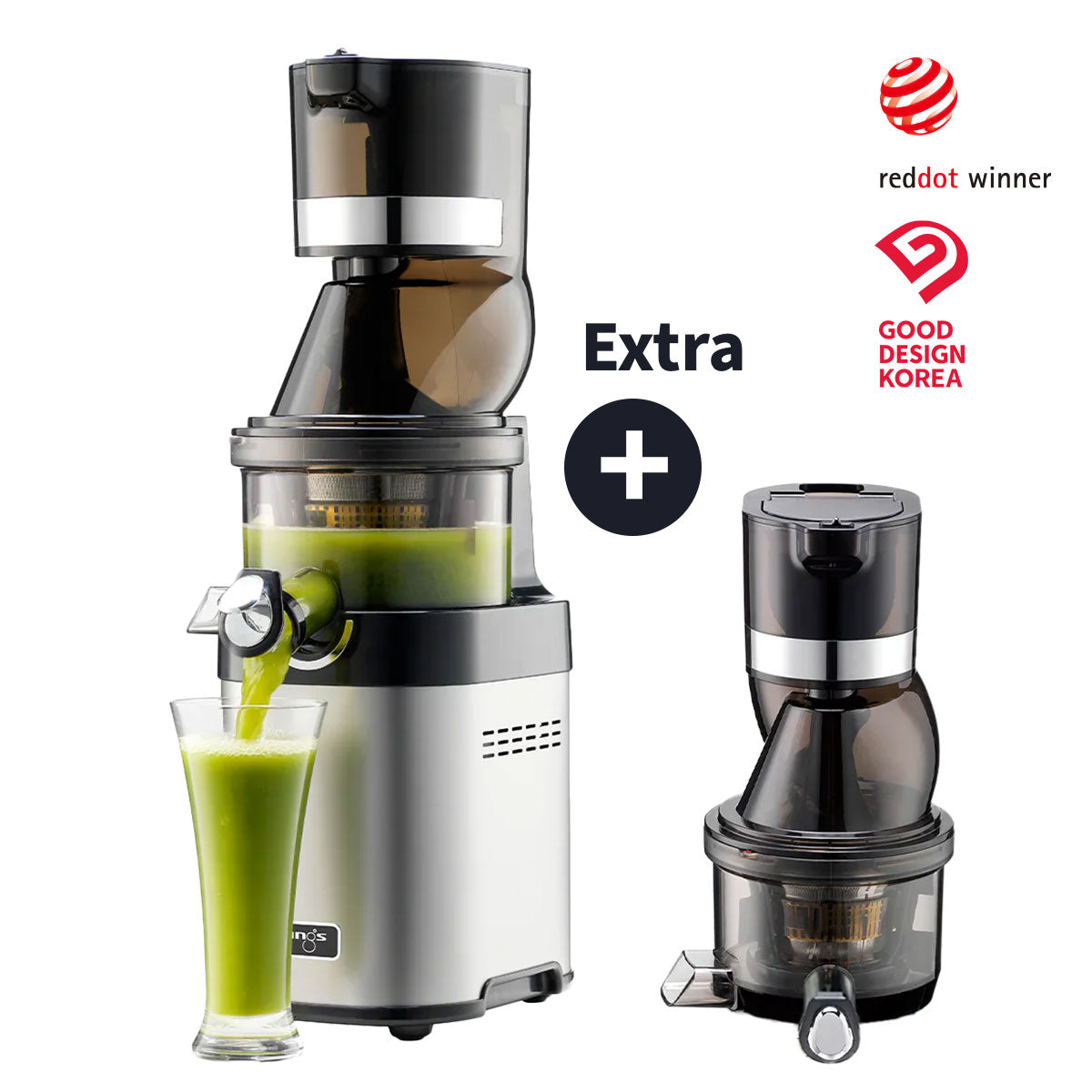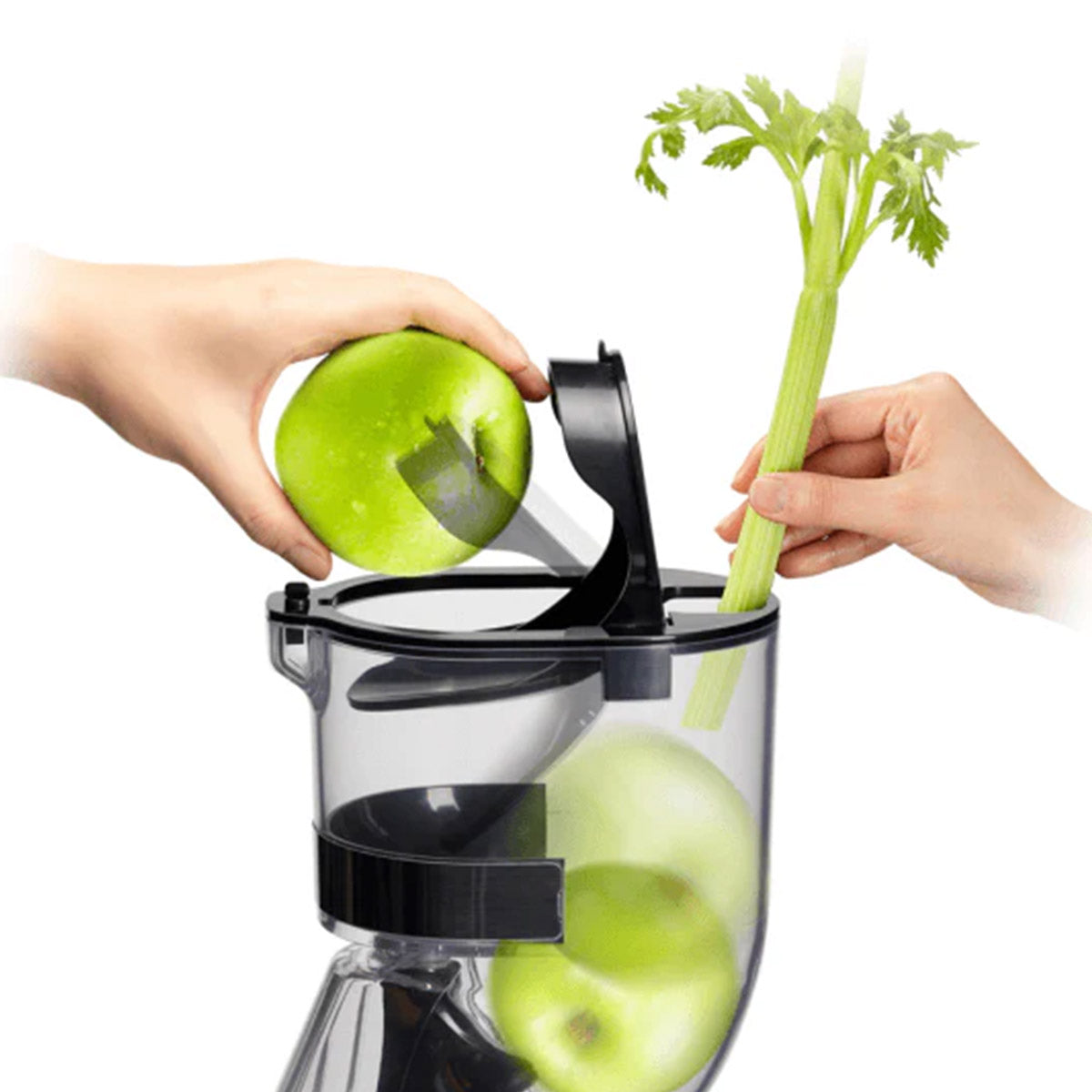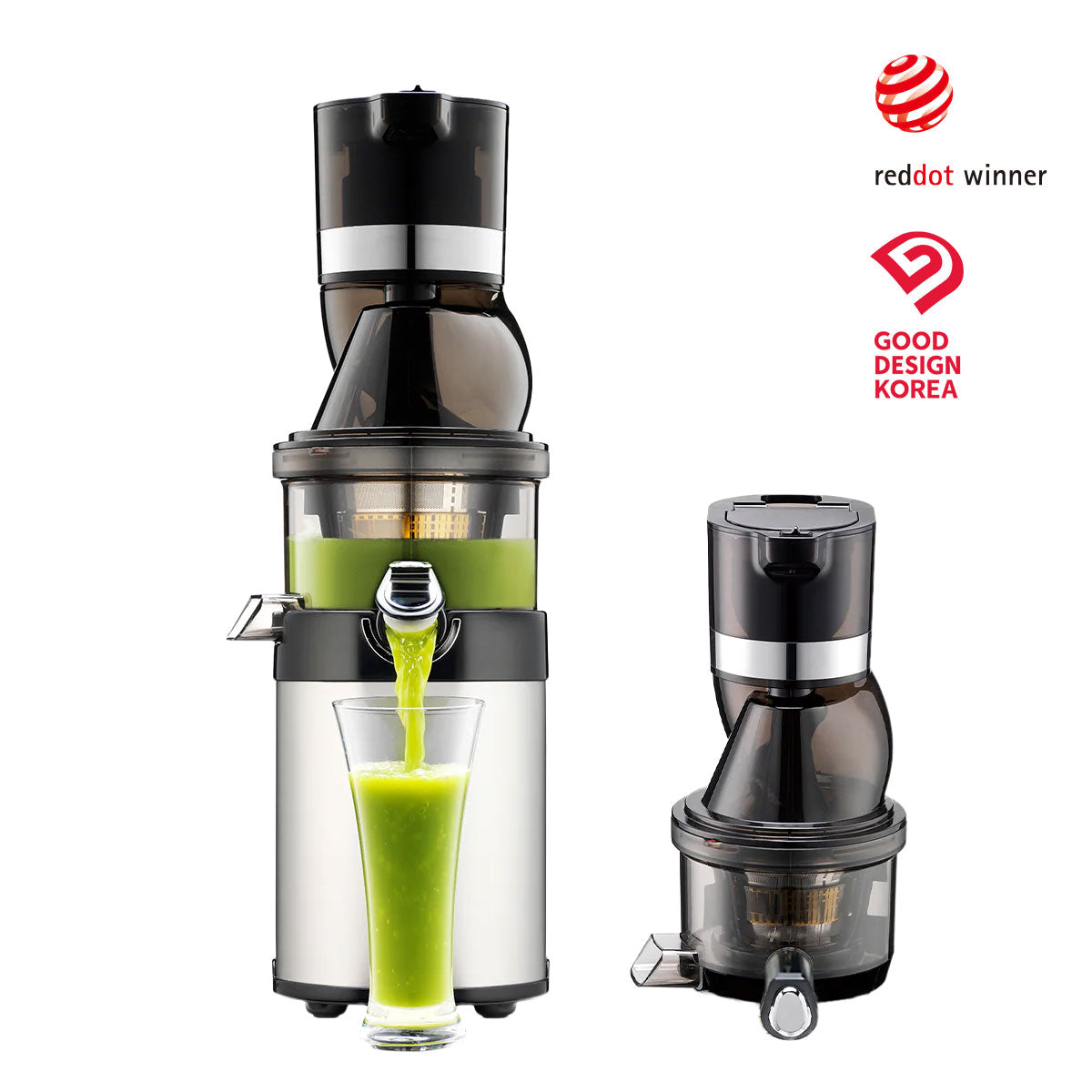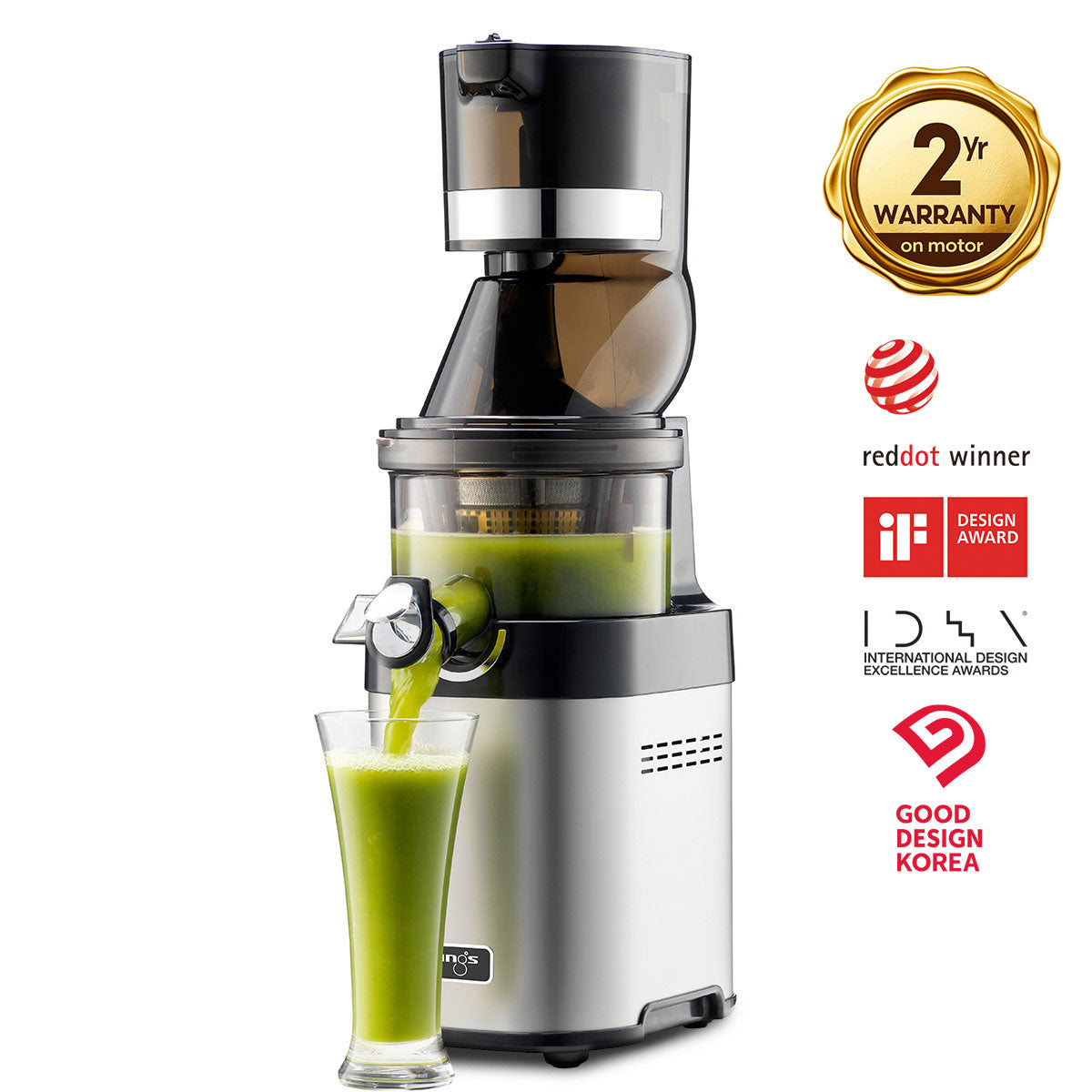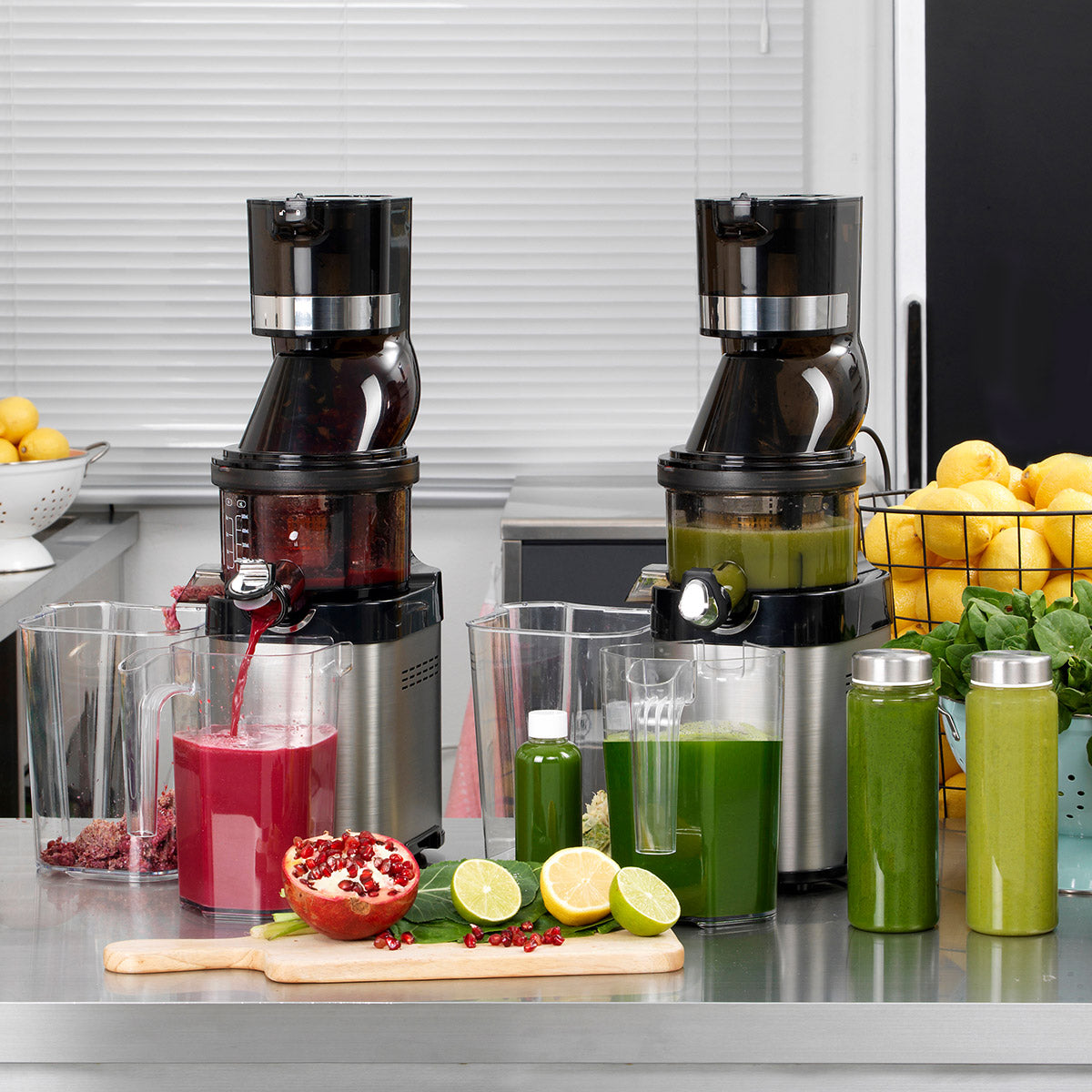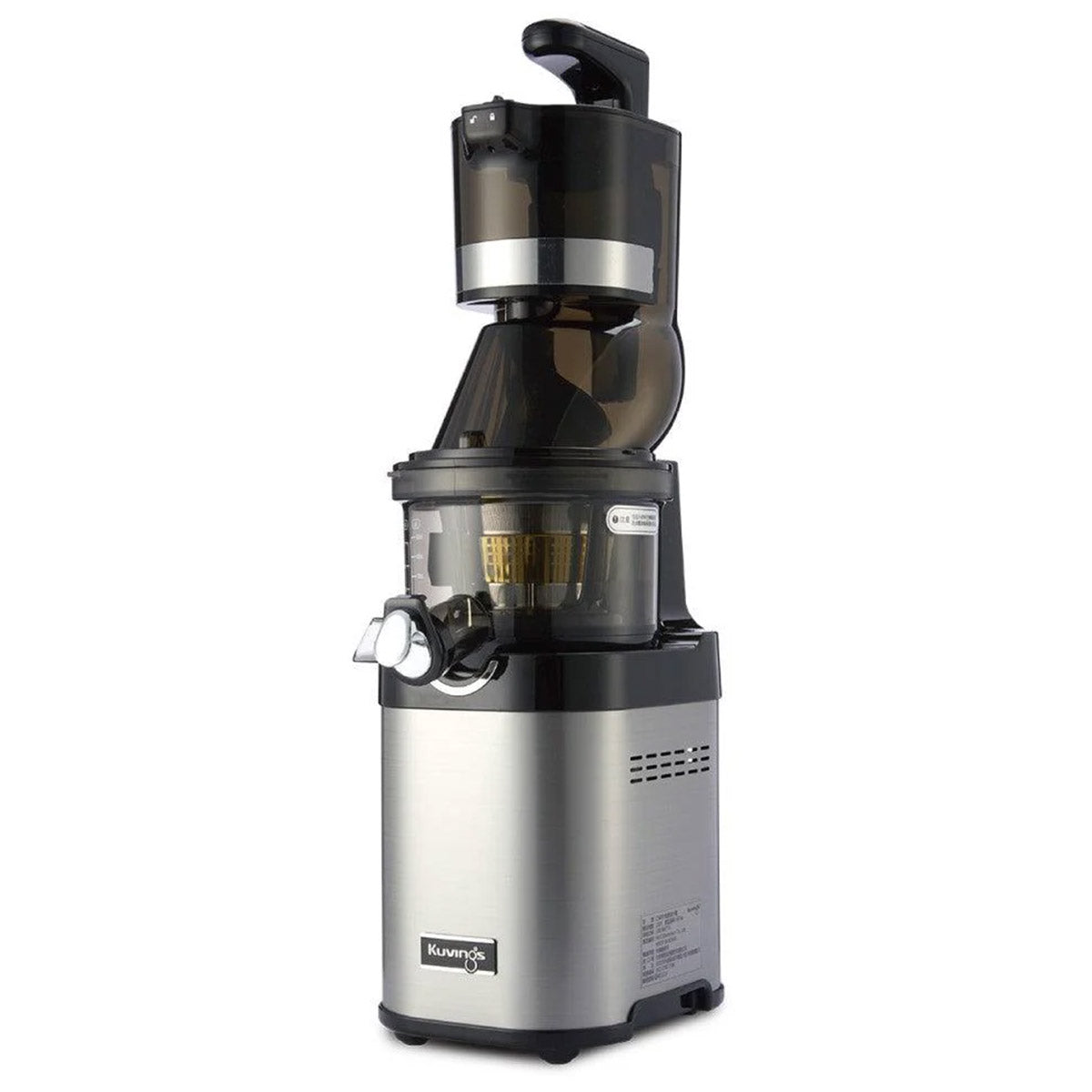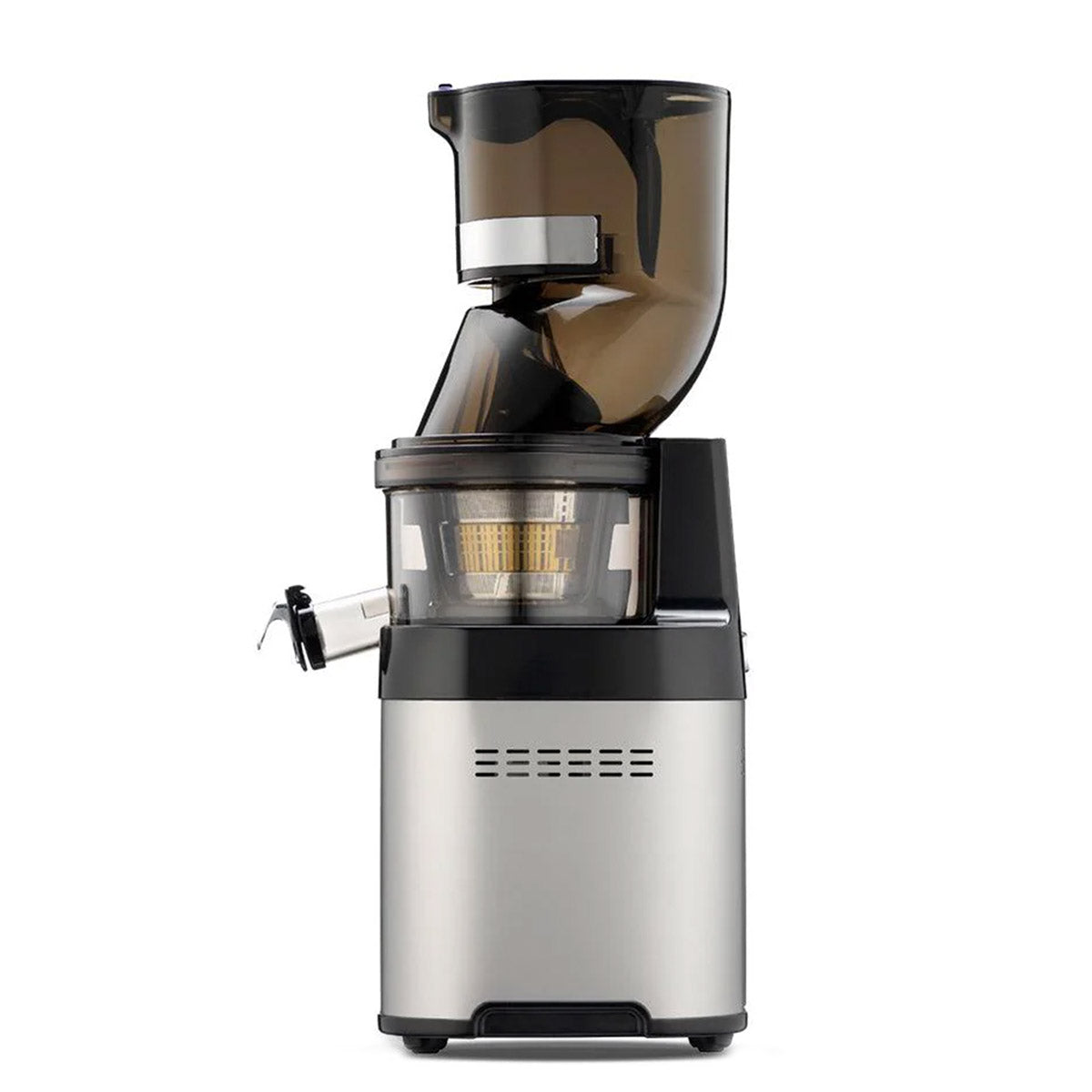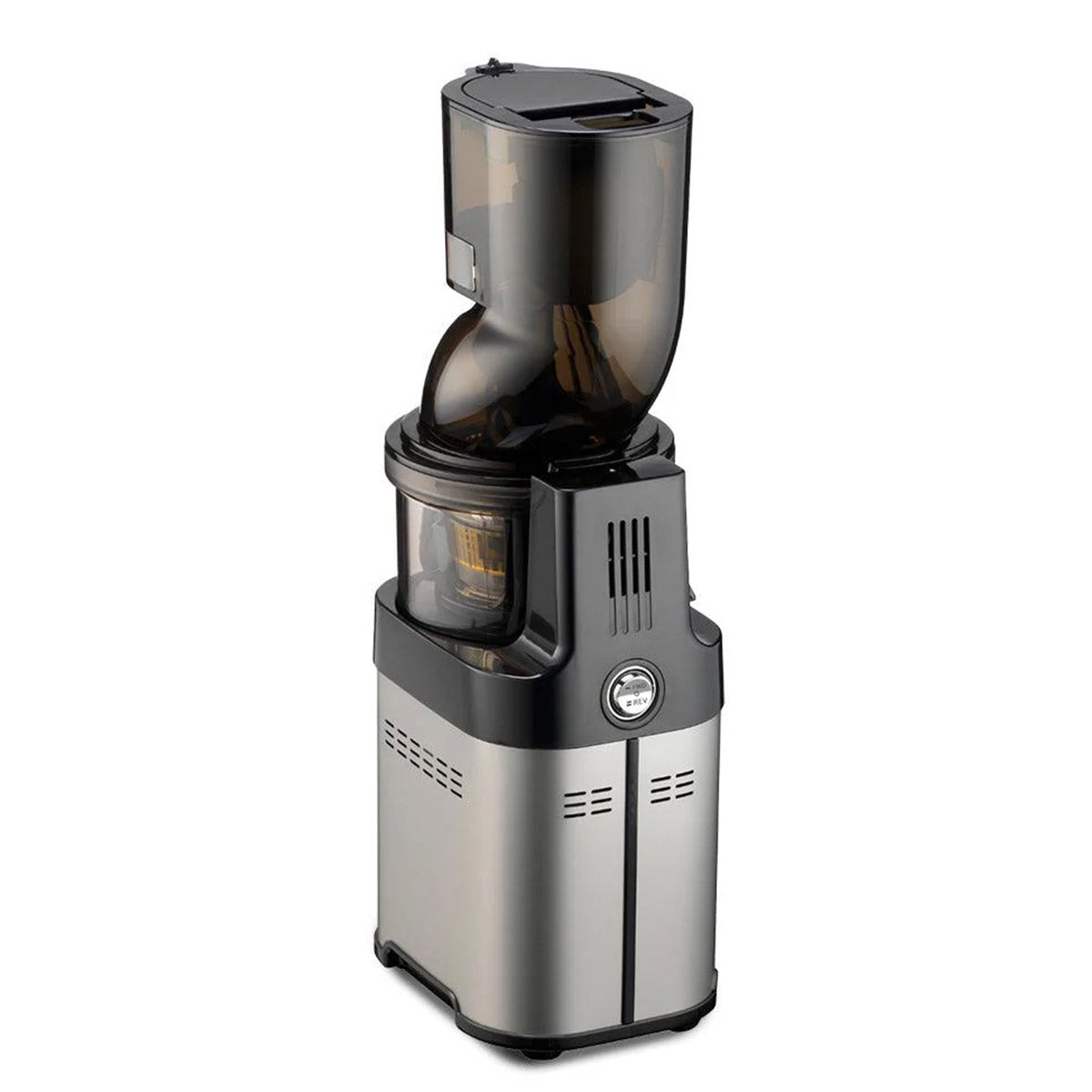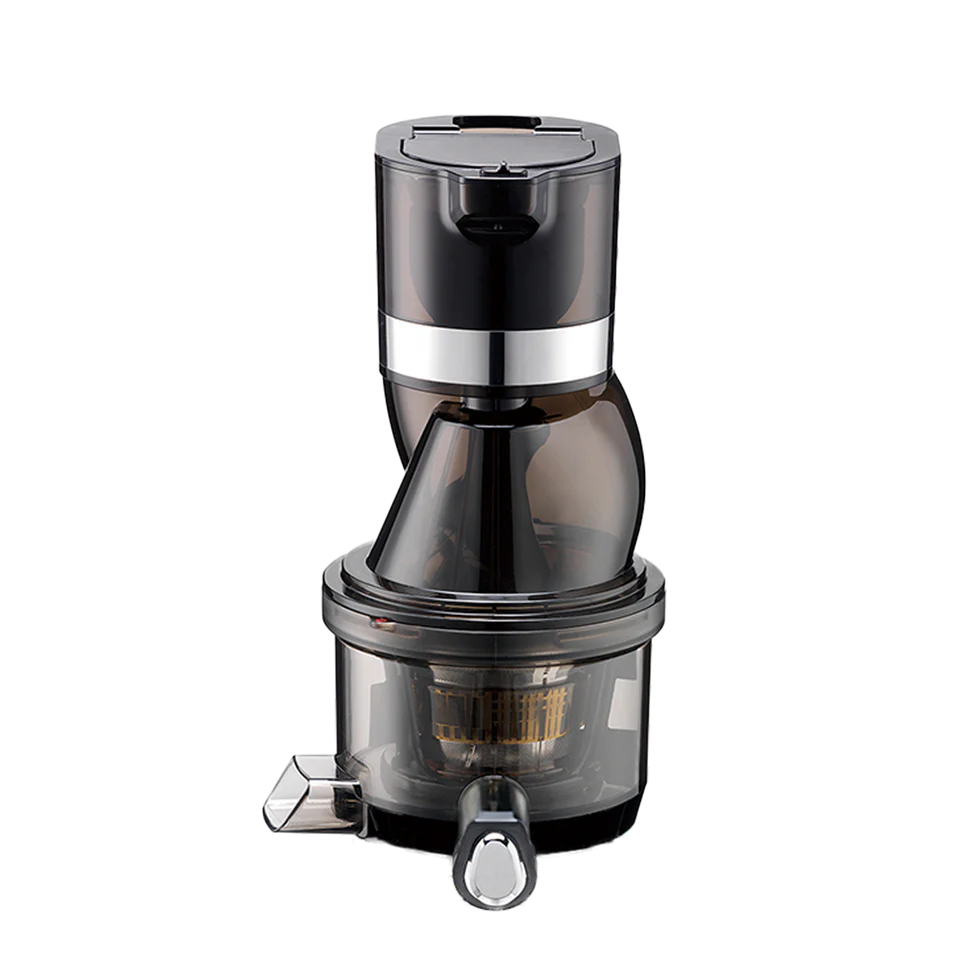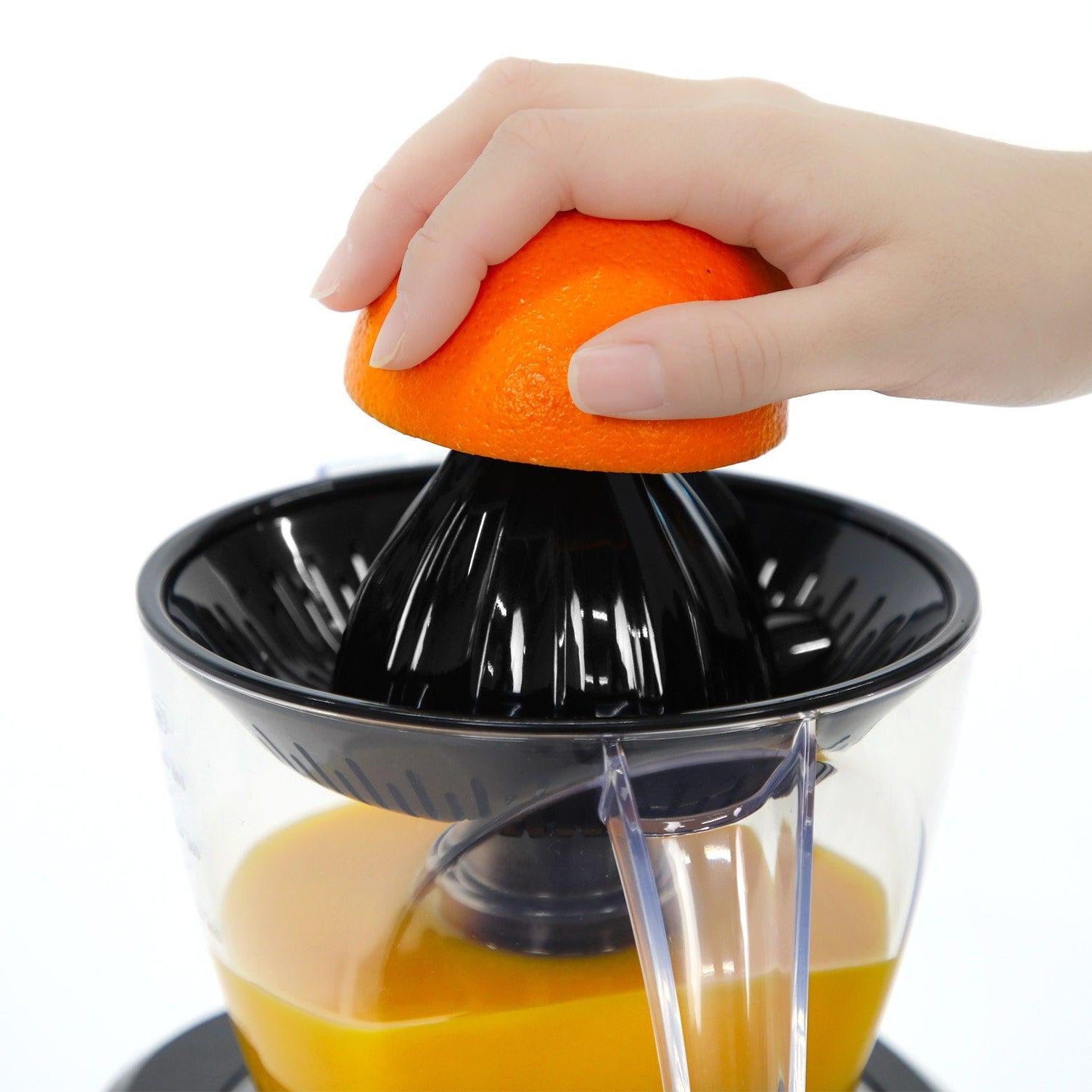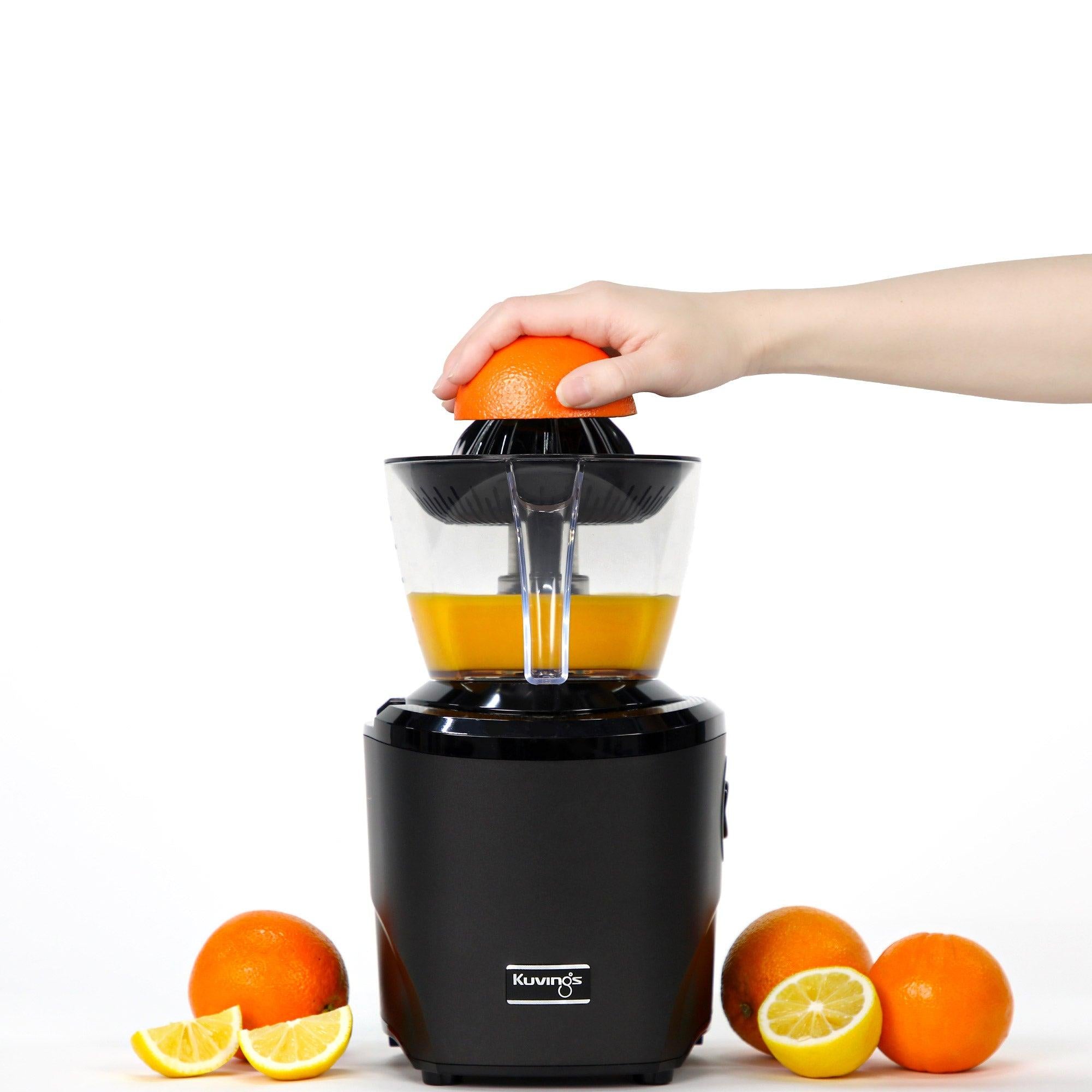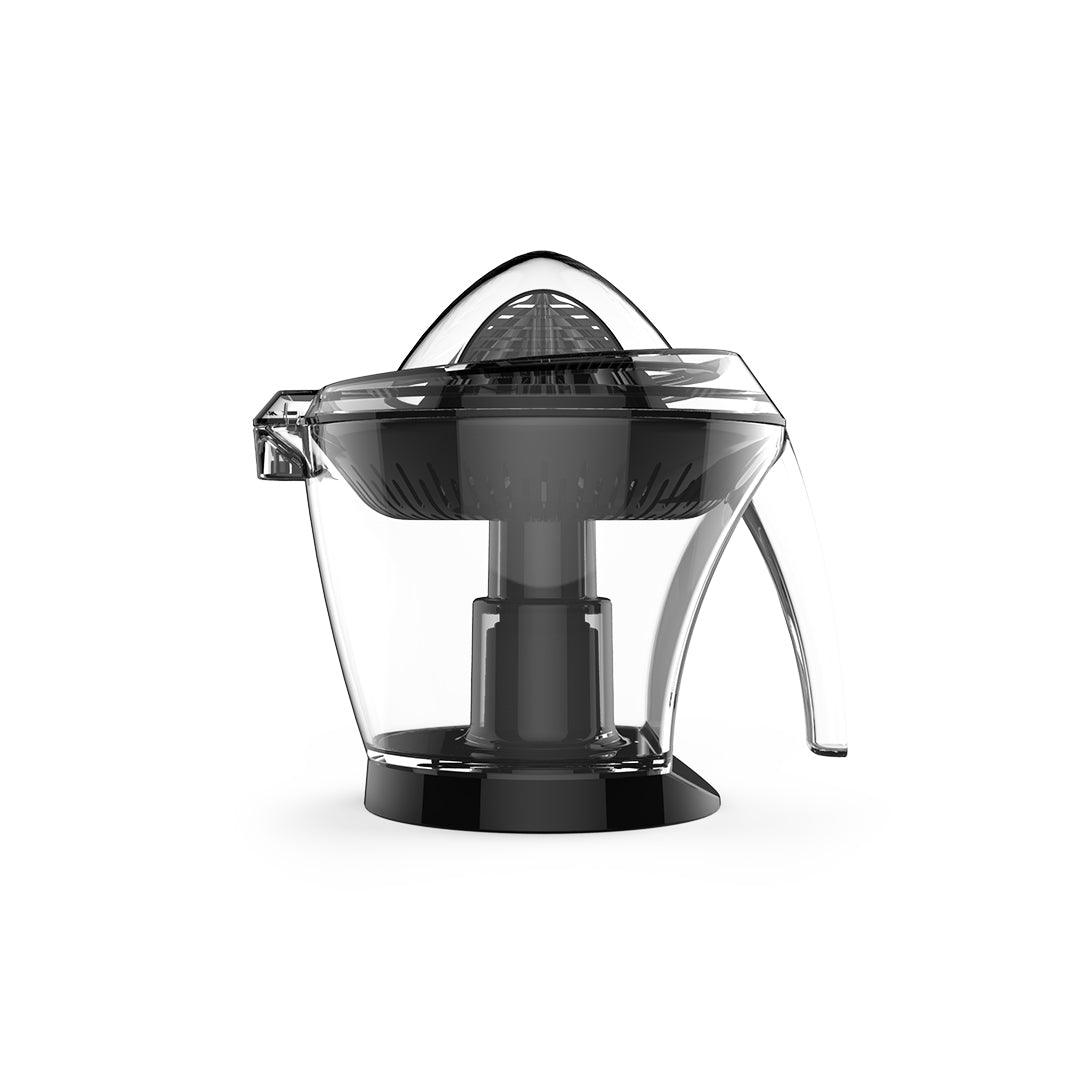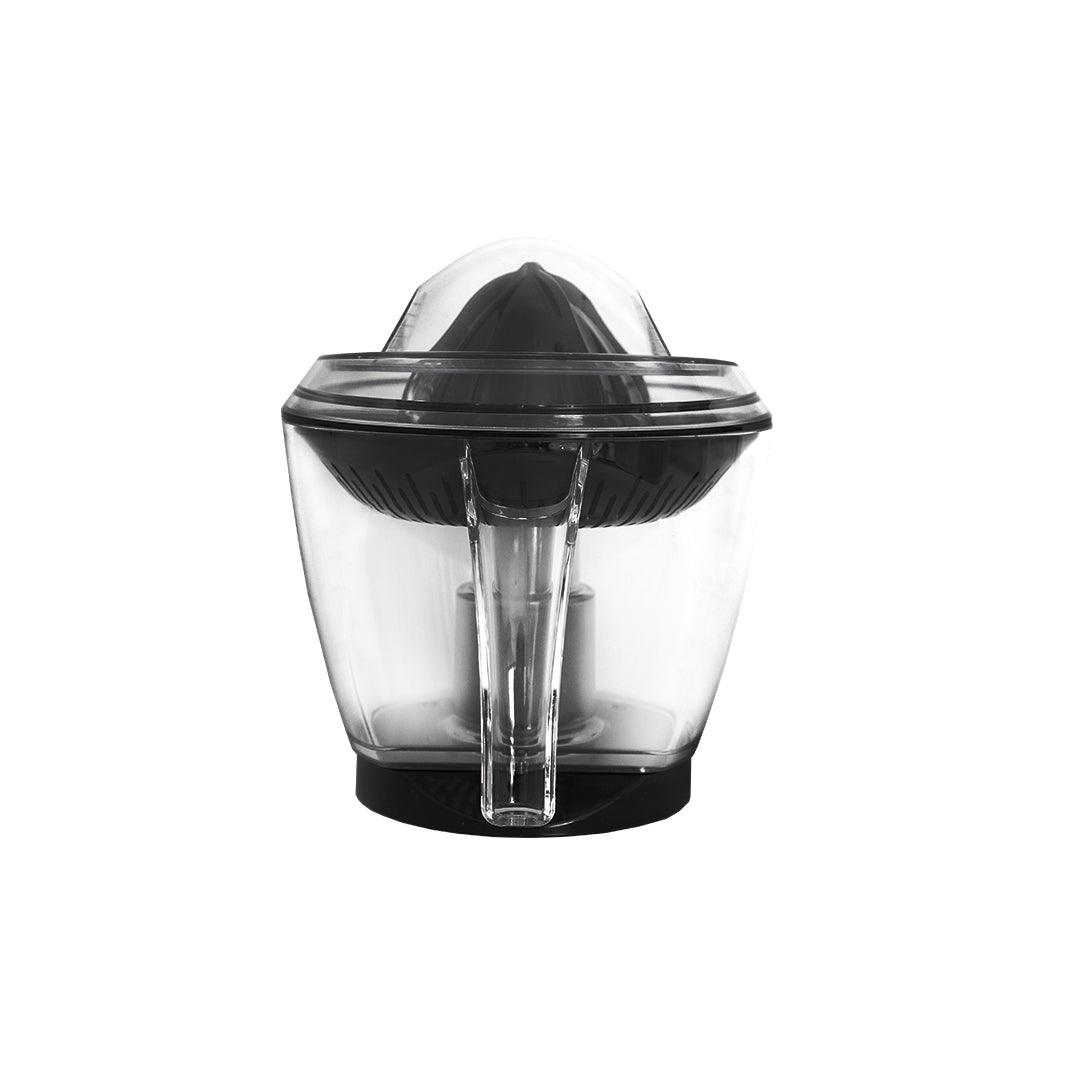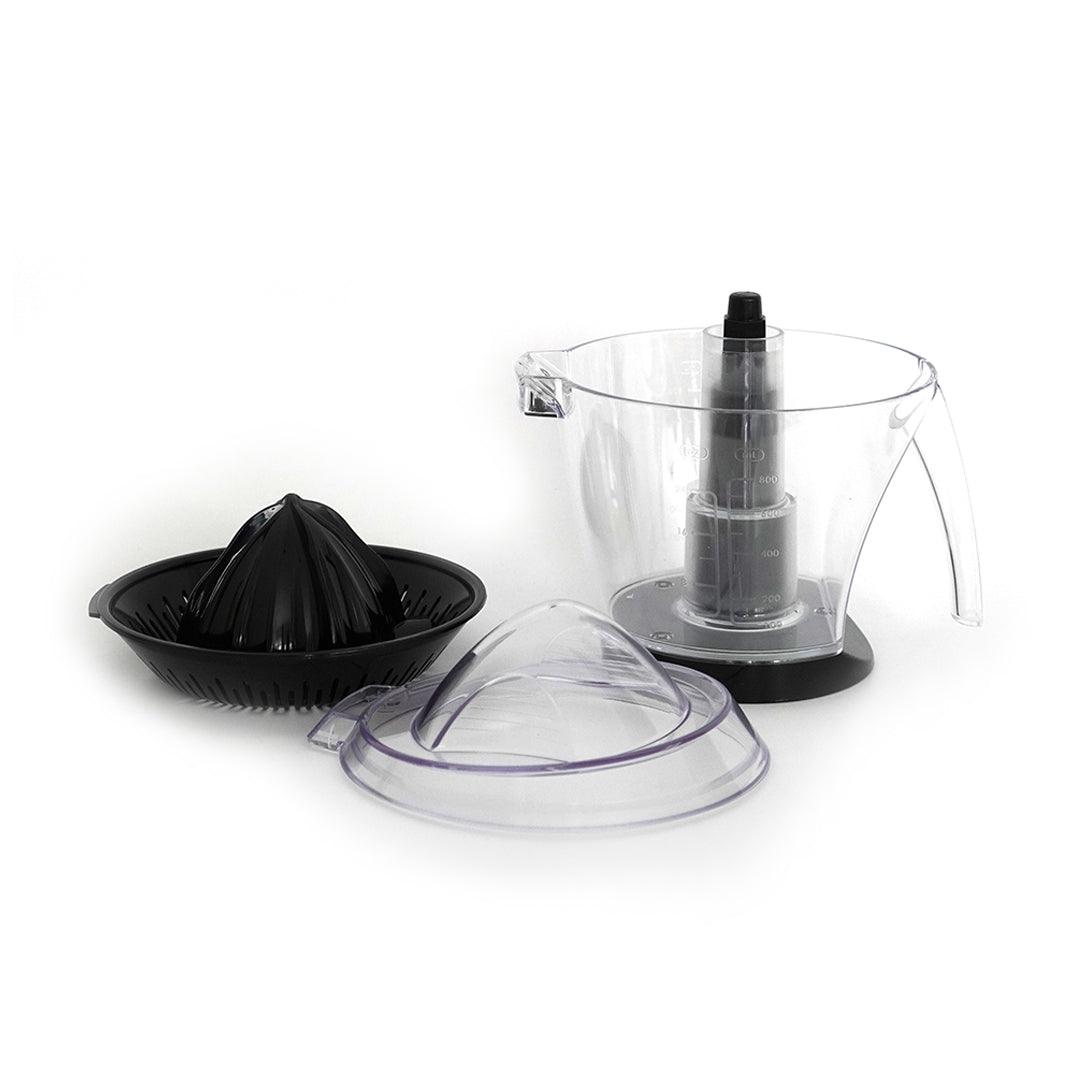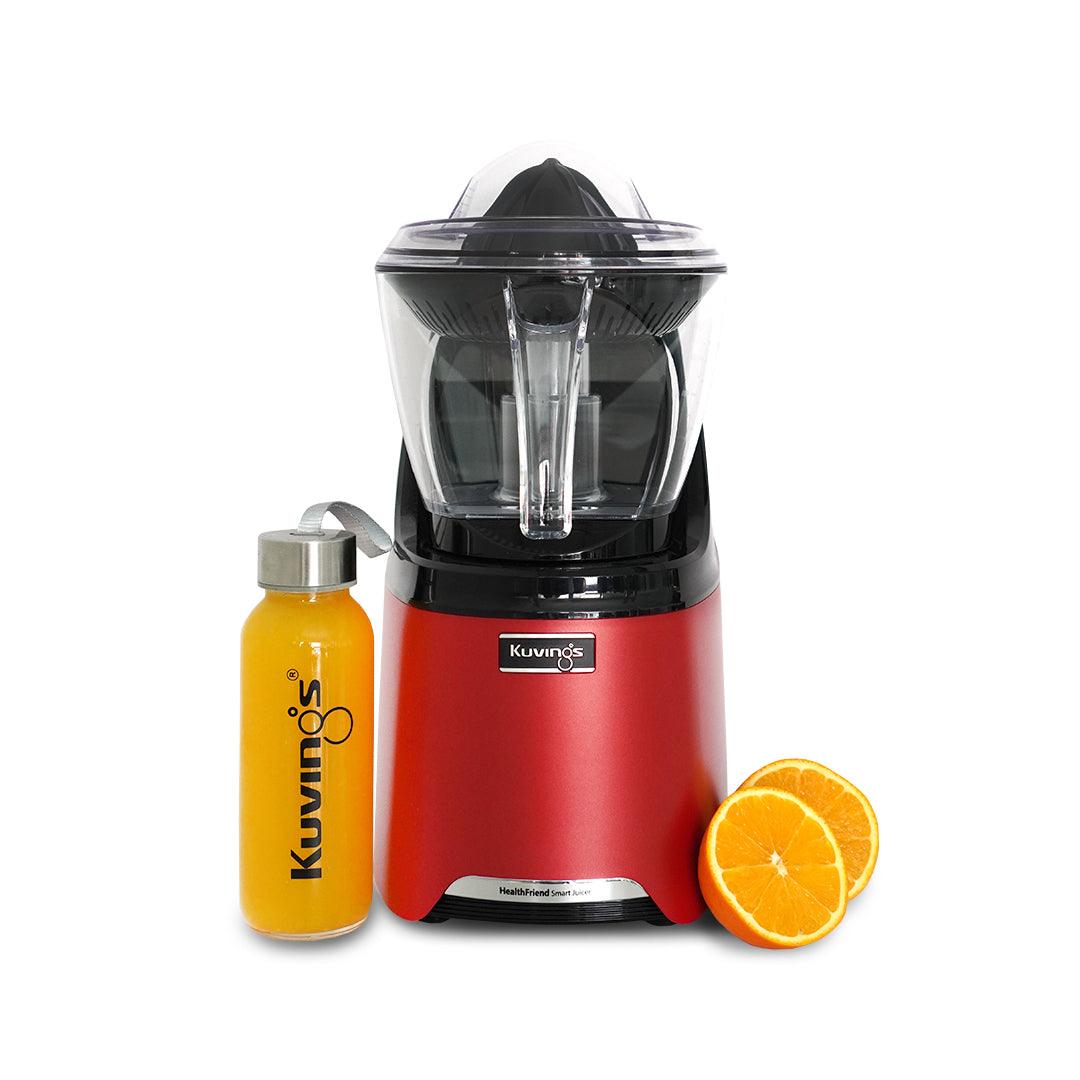Traditional juicing have long held a reputation for being a quick and easy way to get a dose of vitamins and minerals. However, there are several myths and misconceptions about traditional homemade juices that deserve closer examination. In this article, we unravel some common myths surrounding regular traditional juices, shedding light on the benefits of slow juicing as a superior alternative.
Myth 1: Maximum Nutrient Retention
One common belief is that traditional homemade juices retain all the nutrients present in the original fruits and vegetables. While it's true that traditional homemade juices contain some vitamins and minerals, the reality is that the traditional juicing process can lead to nutrient loss due to oxidation, heat generation, and mechanical stress.
Myth 2: High Fiber Content
Some people assume that traditional homemade juices are a great source of dietary fiber. However, the truth is that traditional juicing methods often remove a significant portion of the fiber present in the original product. This can lead to rapid sugar absorption and missed opportunities for improved digestion and satiety.
Myth 3: Quick and Easy Health Boost
The convenience factor of traditional homemade juices often leads to the misconception that they provide an instant health boost. While they do offer some vitamins and hydration, the loss of nutrients and fiber means that the benefits might not be as substantial as expected.
Myth 4: Minimal Sugar Content
Many people believe that traditional homemade juices are low in sugar, especially if they're made primarily from fruits. However, without the fiber to slow down the absorption of sugar, these juices can still contribute to spikes in blood sugar levels. Despite high sugar in juices, you can try some diabetics-friendly recipe that can get from our previous blog.
Myth 5: Long-Lasting Nutrition
Traditional homemade juices are often prepared in larger quantities to save time. However, the nutrients in these juices degrade quickly due to oxidation and exposure to air. This means that the longer you store the juice, the fewer benefits you'll ultimately reap.
While traditional homemade juices have their merits, it's important to dispel the myths that surround them. Slow juicing emerges as a superior alternative that preserves more nutrients, enzymes, and fiber, offering a more wholesome and effective way to enjoy the benefits of juicing. By understanding the shortcomings of traditional homemade juices, you can make more informed decisions about your dietary choices and truly embrace the advantages that slow juicing brings to the table.



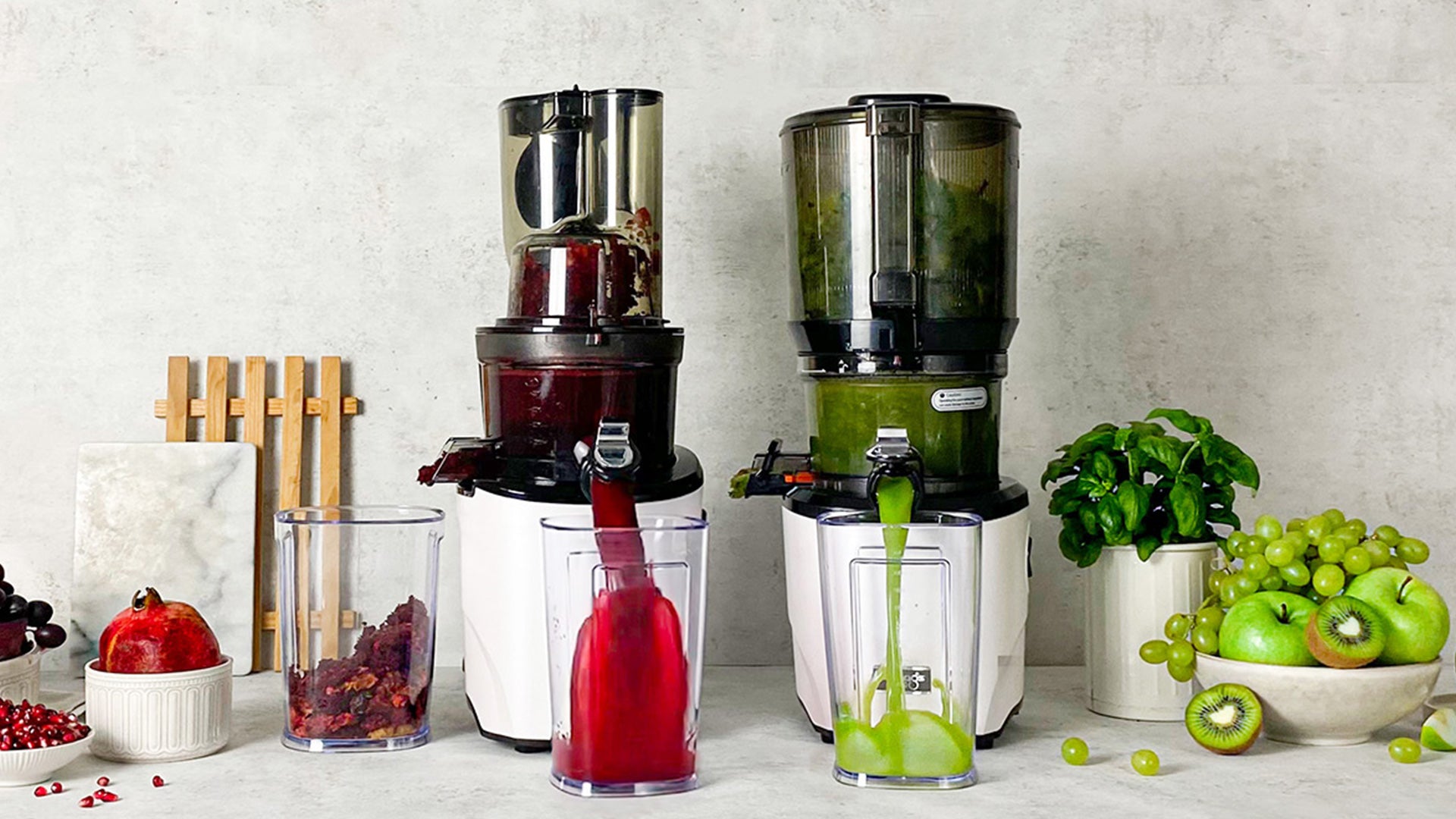

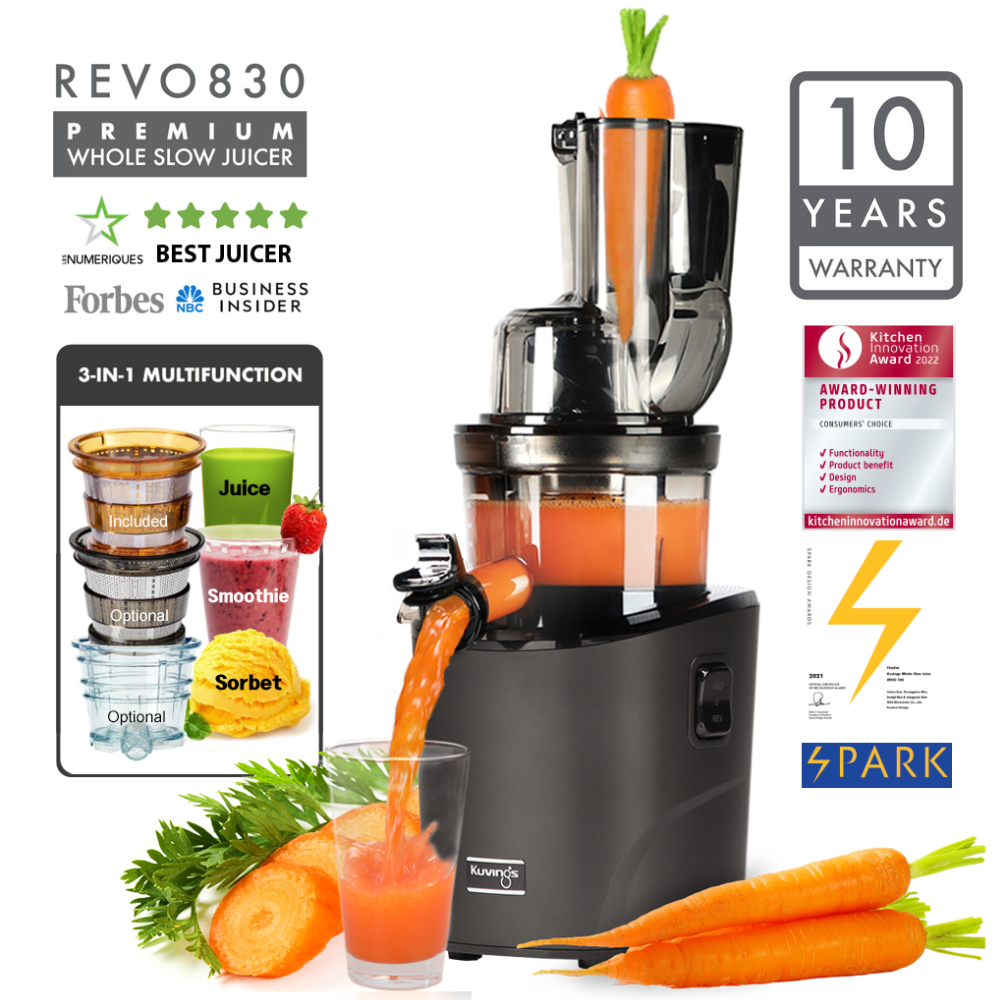
![[NEW] REVO830 Whole Slow Juicer "The Dark Knight" - Kuvings.my](http://kuvings.my/cdn/shop/files/REVO830_multi-function.webp?v=1768962314&width=1200)
![[NEW] REVO830 Whole Slow Juicer "The Dark Knight" - Kuvings.my](http://kuvings.my/cdn/shop/files/contents_compare_01_360x_677de4d1-1209-4ada-b8e3-d1445cee5e84.webp?crop=region&crop_height=360&crop_left=0&crop_top=0&crop_width=360&v=1768962314&width=360)
![[NEW] REVO830 Whole Slow Juicer "The Dark Knight" - Kuvings.my](http://kuvings.my/cdn/shop/files/cold-press-juice_00.jpg?v=1768962314&width=1200)
![[NEW] REVO830 Whole Slow Juicer "The Dark Knight" - Kuvings.my](http://kuvings.my/cdn/shop/files/sub_buying-guide_05_9f06c62f-683c-4247-8c93-efb0111660e5.jpg?crop=region&crop_height=920&crop_left=15&crop_top=0&crop_width=920&v=1768962314&width=950)
![[NEW] REVO830 Whole Slow Juicer "The Dark Knight" - Kuvings.my](http://kuvings.my/cdn/shop/files/IndyBest_banner.jpg?v=1768962314&width=1080)
![[NEW] REVO830 Whole Slow Juicer "The Dark Knight" - Kuvings.my](http://kuvings.my/cdn/shop/files/REVO830_1080x1080_773ec9d9-75c2-495e-b256-6d01ef58ba78.jpg?v=1768962314&width=1080)
![[NEW] REVO830 Whole Slow Juicer "The Dark Knight" - Kuvings.my](http://kuvings.my/cdn/shop/files/EVO820REVO830_1080x1080-_1.jpg?v=1768962314&width=1080)
![[NEW] REVO830 Whole Slow Juicer "The Dark Knight" - Kuvings.my](http://kuvings.my/cdn/shop/files/2022_revo-und-evo_02.jpg?v=1768962314&width=1000)
![[NEW] REVO830 Whole Slow Juicer "The Dark Knight" - Kuvings.my](http://kuvings.my/cdn/shop/files/REVO830_01_540x_636872b5-787d-48dc-a4f6-0d006b49a63f.webp?v=1768962314&width=540)
![[NEW] REVO830 Whole Slow Juicer "The Dark Knight" - Kuvings.my](http://kuvings.my/cdn/shop/files/shopping.webp?v=1768962314&width=600)
![[NEW] REVO830 Whole Slow Juicer "The Dark Knight" - Kuvings.my](http://kuvings.my/cdn/shop/files/2L9A7313-e1690867035583-700x751.jpg?crop=region&crop_height=700&crop_left=0&crop_top=0&crop_width=700&v=1768962314&width=700)
![[NEW] REVO830 Whole Slow Juicer "The Dark Knight" - Kuvings.my](http://kuvings.my/cdn/shop/files/kuvings-whole-slow-juicer-revo830-black-revo830b_main_kitchen_innovation_1667x_64f4e0fc-2684-4f8f-af3b-8aeb0a3cca04.webp?v=1768962314&width=1000)
![[NEW] REVO830 Whole Slow Juicer "The Dark Knight" - Kuvings.my](http://kuvings.my/cdn/shop/files/SNS-REVO830-Lifestyle-62-1-1-Revised0.jpg?v=1768962314&width=990)
![[NEW] REVO830 Whole Slow Juicer "The Dark Knight" - Kuvings.my](http://kuvings.my/cdn/shop/files/REVO830-wholeslowjuicer-coldpress3.webp?v=1768962314&width=900)
![[NEW] REVO830 Whole Slow Juicer "The Dark Knight" - Kuvings.my](http://kuvings.my/cdn/shop/files/3_bf54f2a4-1c87-4015-94d7-3b7e7de053f6.png?crop=region&crop_height=461&crop_left=0&crop_top=0&crop_width=461&v=1768962314&width=461)
